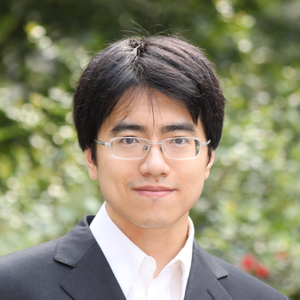Event Details
This talk is based on a forthcoming book, titled The Ideological Foundations of the Qing Fiscal State. The book explains why state fiscal capacity in late imperial China was unusually weak—a mere fraction of what its main Eurasian competitors could muster, and dramatically weaker than what it was in earlier Chinese dynasties. It argues for an ideological explanation: following the highly idiosyncratic circumstances of Ming collapse, Qing elites adopted a unique ideological worldview that made raising taxes on agriculture politically impossible for over two centuries, even though the economy was more than strong enough to sustain major tax hikes. Taisu Zhang, Professor of Law at Yale Law School, will share his insights on June 17, followed by a Q&A session in both English and Chinese.




